Pyrolysis technology
Crude Oil Prices Trend
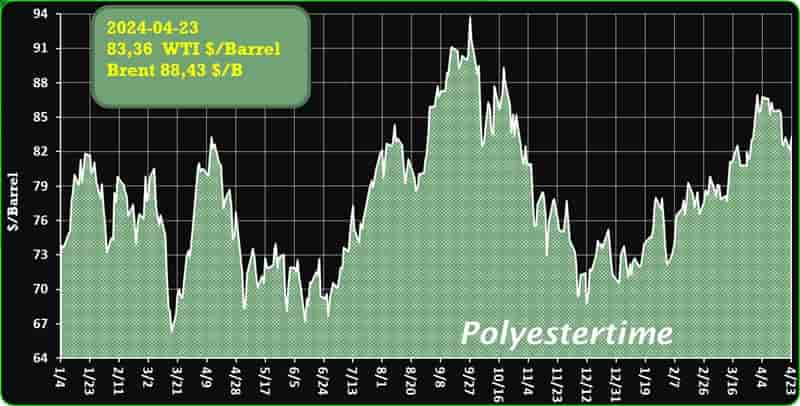
Crude Oil Prices Trend by Polyestertime
Investment firm Taranis has invested €10 million in Pryme, a cleantech company that specializes in converting plastic waste into valuable products using advanced pyrolysis technology
Pryme has developed a cost-effective pyrolysis process that recycles plastic with a high conversion rate and reduced carbon emissions on an industrial scale. The company is in the early production phase of its first large-scale facility, Pryme One, in Rotterdam.
This funding from Taranis, provided through its Taranis Carbon Ventures fund, will help Pryme speed up the deployment of its technology. This is aimed at minimizing the volume of difficult-to-recycle plastic that is either incinerated or discarded in the environment. The investment reflects the fund’s goal to support innovative technologies that promote carbon circularity. Pyrolysis technology
Emmanuel Colombel, CEO of Taranis Investment, highlighted that supporting emerging companies in plastic recycling aligns with their investment strategy. He noted Pryme’s progress in enhancing pyrolysis processes and its potential to significantly mitigate issues associated with recycling stubborn plastic waste.
Christopher Hervé, CEO of Pryme, expressed enthusiasm about the partnership with Taranis and its parent company, Perenco Group. Pyrolysis technology
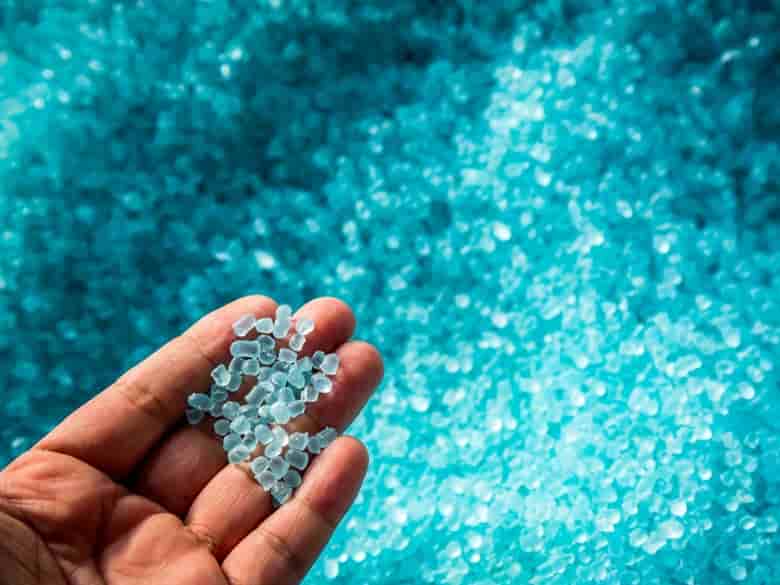
RadiciGroup, a pioneer in physical and digital nylon traceability
RadiciGroup, the global leader in advanced textile solutions, proudly unveiled the first integrated physical and digital nylon traceability project at Techtextil, a major European textile fair held in Frankfurt from April 23-26.
This groundbreaking initiative, exhibited at Hall 9.1, Stand D28, marks a significant advancement in transparency for the textile industry.
The project’s first application is a gilet crafted from nylon yarn produced at one of RadiciGroup’s European factories. Pyrolysis technology
This garment features a QR code that reveals its origins and details about its production process, emphasizing the project’s focus on full traceability through every stage of the supply chain, from spinning to retail.
This traceability is enhanced by a partnership with FibreTrace, which allows the physical and digital tracking of nylon yarns.
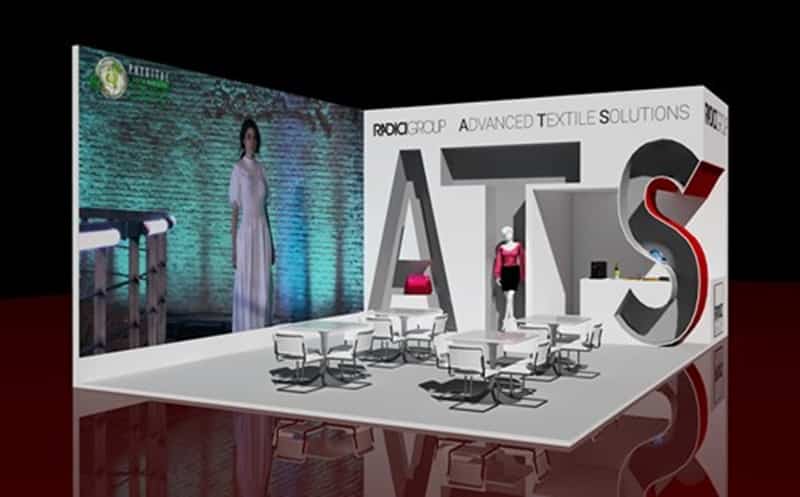
A unique tracer—an inorganic additive—does not compromise the yarn’s aesthetic or functional quality and is detectable in both fabric and finished garments. Digitally, scanners during production detect this tracer and upload the data to a dedicated platform, accessible to consumers via QR code to learn about the product’s provenance and journey.
Filippo Bona, R&D Manager at RadiciGroup, highlighted that this nearly two-year project is set to expand to other fibers produced by the company. Pyrolysis technology
He emphasized the initiative’s role in promoting sustainable consumer choices and combating counterfeits, aligning with EU Digital Product Passport Regulations.
Additionally, RadiciGroup’s commitment to sustainability extends to education, partnering with POLI.Design at Politecnico di Milano to showcase garments designed by students at the fair, fostering the next generation of textile professionals.
More…
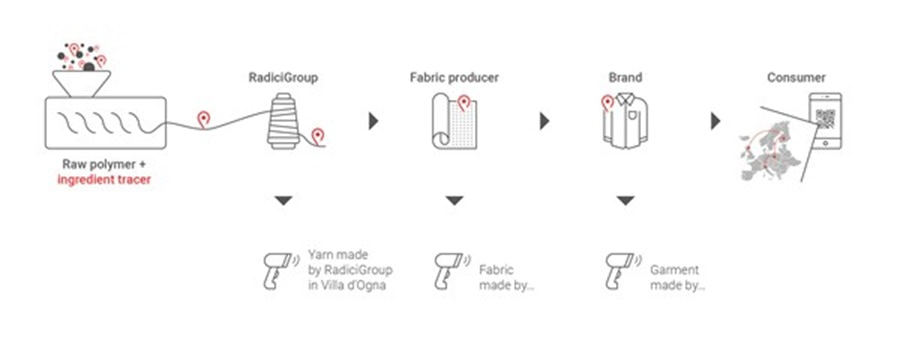
Linde announced today that its subsidiary White Martins is set to build, own, and operate a second green hydrogen electrolyzer in Brazil’s southeast, specifically next to their existing air separation unit in Jacareí, São Paulo
This new five-megawatt pressurized alkaline electrolyzer will utilize local solar and wind energy sources to produce green hydrogen that is independently certified. The plant, scheduled to start in 2025, aims to support the glass manufacturer Cebrace in reducing emissions from their glass melting furnaces in Jacareí. Additionally, it will cater to the growing demand for competitively priced green hydrogen across various industrial sectors such as metals, food, and chemicals. Pyrolysis technology
White Martins previously pioneered the production of green hydrogen with international certification in South America at its Pernambuco plant in 2022. Gilney Bastos, President of South Latin America at Linde, emphasized that this project underscores Linde’s commitment to Brazil’s energy transition. He stated, “We are eager to assist Cebrace with their decarbonization efforts and support our other customers in transitioning to lower-carbon solutions.”
Linde continues to be a pivotal player in the clean energy shift, assisting clients in decarbonizing through advanced carbon capture and hydrogen technologies. Leveraging its extensive experience, infrastructure, and strategic partnerships, Linde is expanding its presence in clean energy projects across various applications and industries, enhancing its role in the global energy value chain. Pyrolysis technology
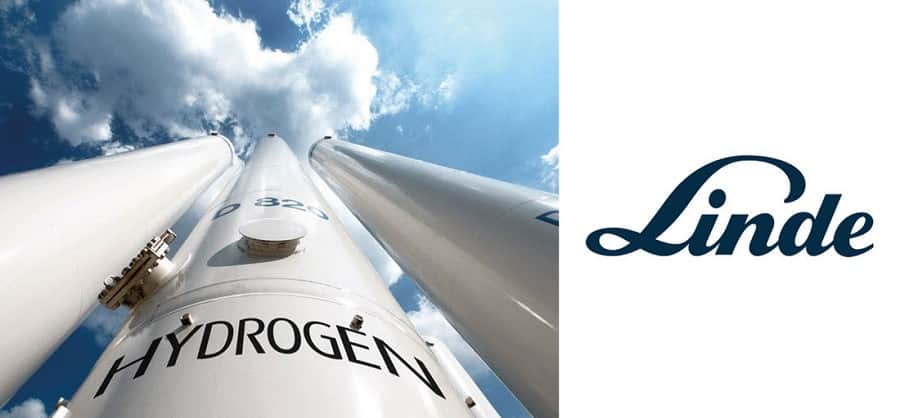
3D printing is revolutionizing the electric car industry by speeding up development processes and producing lighter components, enhancing vehicle autonomy
According to IDTechEx, a market analysis firm, the electric car market could be valued at €3.3 trillion by 2044, attracting numerous companies to this burgeoning sector. Among them are 3D printing enterprises which are rapidly evolving and offering substantial benefits in manufacturing battery-powered vehicles and their parts.
Lorenzo Migliarini, a territory manager at Massivit, highlights that 3D printing is invaluable for prototyping and small-scale production, especially beneficial for limited-edition vehicles where creating industrial molds is less economical. Pyrolysis technology
It’s also increasingly adopted in motorsport, where rapid production and customization are crucial.
In the broader automotive market, 3D printing facilitates the creation of lighter, more complex components that streamline assembly processes, reducing the need for welding and fixing. This not only cuts down weight—critical for extending the range of electric vehicles—but also speeds up production, mirroring benefits seen in Tesla’s giga casting technique, albeit via different methodologies.
Despite these advantages, 3D printing faces challenges, particularly with materials like carbon fiber and certain metal alloys, where traditional manufacturing still prevails. Additionally, Migliarini notes that for mass production, conventional methods remain more cost-effective, making 3D printing less competitive for high-volume manufacturing—at least for now. Pyrolysis technology
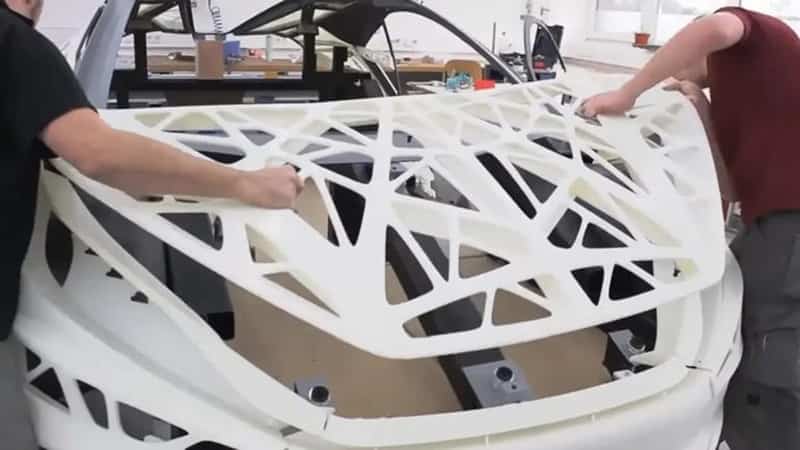
industry move towards circularity as well as meet European Commission sustainability standards.
Excessive consumption and waste brought about by the overproduction of textile and apparel goods has produced the need for sustainability standards imposed by the European Union (EU) in order to facilitate the circular transition. The ITMA 2023 trade show in Milan showcased many of the steps businesses and organizations have taken towards circularity. This article highlights new developments in ecodesign, sustainability information requirements, verification of green claims, and how education and training drives circular innovation. Pyrolysis technology
The Issue
The EU’s announcement of the Strategy for Sustainable and Circular Textiles in the spring of 2022 highlighted a range of industry measures that will be enforced in the near future to greatly reduce textile overproduction, consumption and waste to protect environmental and human health. The impacts of the strategy were evident at the ITMA 2023 trade show in Milan, where businesses and organizations from across the industry showcased their contributions to developing the circular economy in Europe. Pyrolysis technology
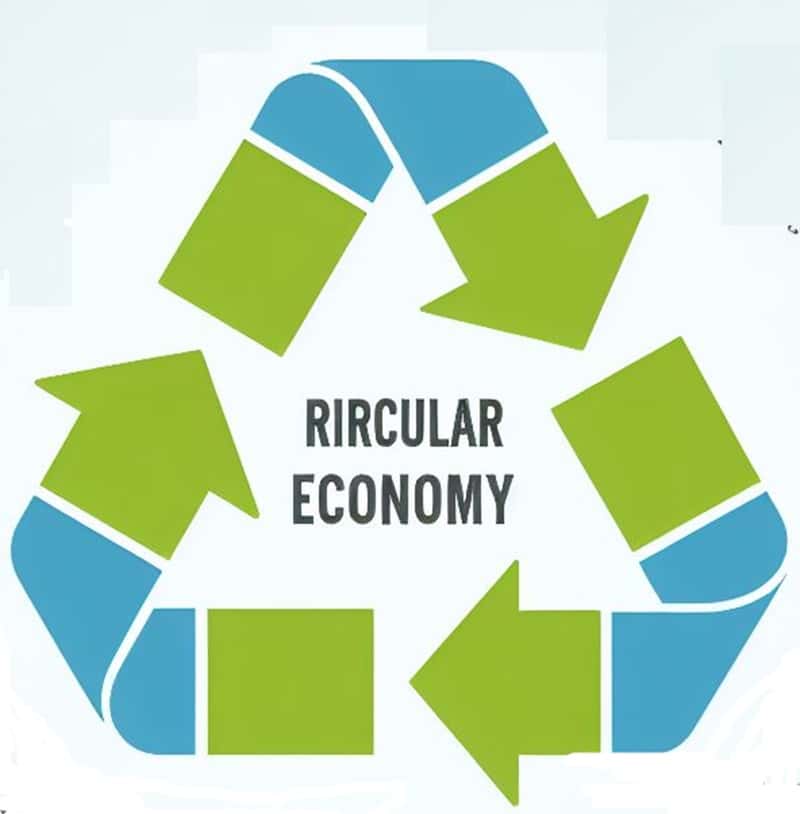
The European textile recycling sector is nearing collapse, with urgent warnings emerging from industry leaders across the Netherlands, Germany, and the UK
EuRIC, the overarching organization for secondary sectors, highlights that without swift action, the industry faces severe economic and environmental repercussions. The sector, vital for the circular economy, is suffering from increased costs, reduced sales due to high competition, and legislative shortcomings, which jeopardize the future of reusable textiles.
Moreover, an excess of unsold second-hand clothing combined with inefficient recycling business models threatens the reuse and recycling of discarded textiles.
Mariska Boer, president of EuRIC’s textiles branch, expresses deep concern over the potential reliance on incineration if textile sorting becomes economically unsustainable. The inability to supply second-hand clothing to reliant countries could significantly impact local and EU economies. Pyrolysis technology
To avert this crisis, EuRIC is advocating for immediate EU-wide measures. It calls for the implementation of supportive Extended Producer Responsibility (EPR) schemes as part of the revised Waste Framework Directive. Additionally, the adoption of green public procurement, mandatory recycled content quotas in textile products, and improved design standards are critical to boost demand for recycled materials, promote sustainability, and secure the future of the textile recycling industry. Pyrolysis technology
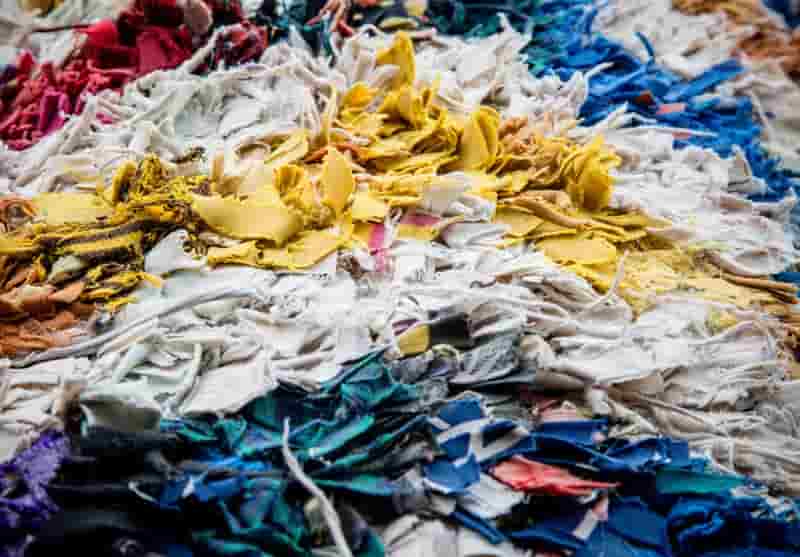
Volvo Cars and the Chinese battery manufacturer CATL have launched a recycling initiative in China to repurpose electric vehicle (EV) battery materials
The partnership involves dismantling end-of-life batteries from Volvo vehicles to reclaim over 90% of valuable metals like nickel, cobalt, and lithium. These metals will then be recycled by CATL to create new battery cells for Volvo’s electric vehicles.
A letter of intent formalizing this collaboration was signed recently, aiming to enhance battery material recycling and diminish the environmental impact of EVs throughout their lifecycle. This initiative is crucial given the increasing quantity of EV batteries reaching the end of their utility due to the booming EV market in China. Improper disposal of these batteries could severely harm the environment. Pyrolysis technology
Tan Libin, Co-President of Marketing at CATL, described the agreement as a significant step toward establishing a sustainable battery recycling and closed-loop business model in China. This marks a new phase in managing battery cycles more sustainably.
Volvo has been producing combustion engine cars in China through a partnership with Geely and has introduced the EM90 van, exclusive to the Chinese market. The production of Volvo’s EX90 electric SUV will also commence in China, complementing the U.S. manufacturing in South Carolina. Pyrolysis technology

Food packaging – Does Compostable Packaging Actually Break Down? 22-04-2024
Pyrolysis technology









